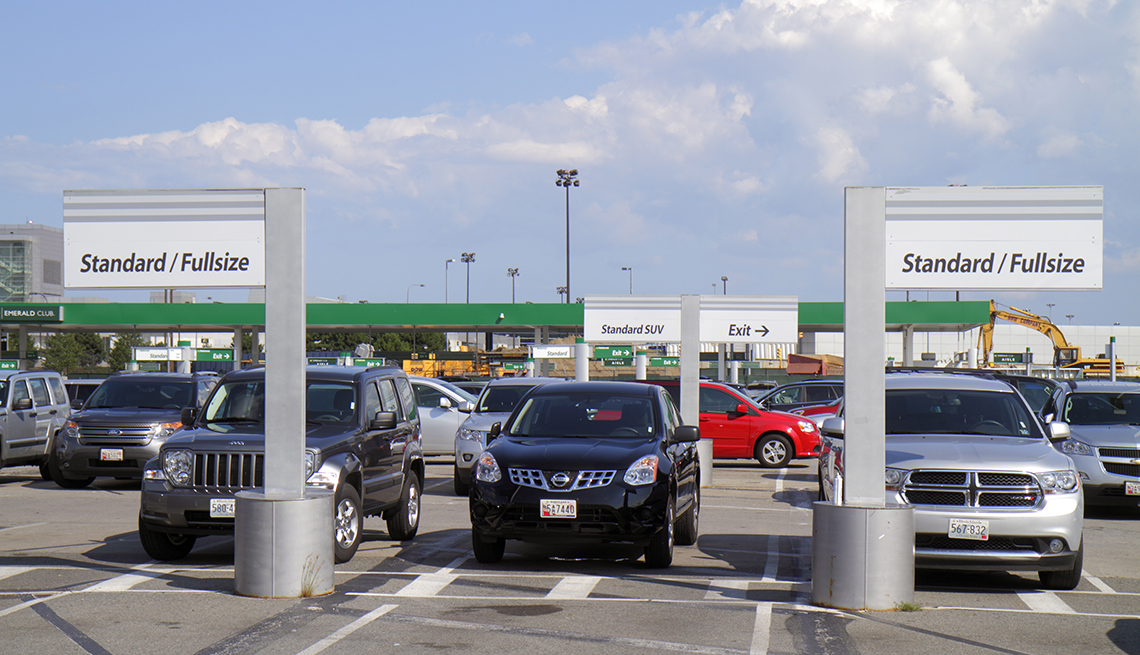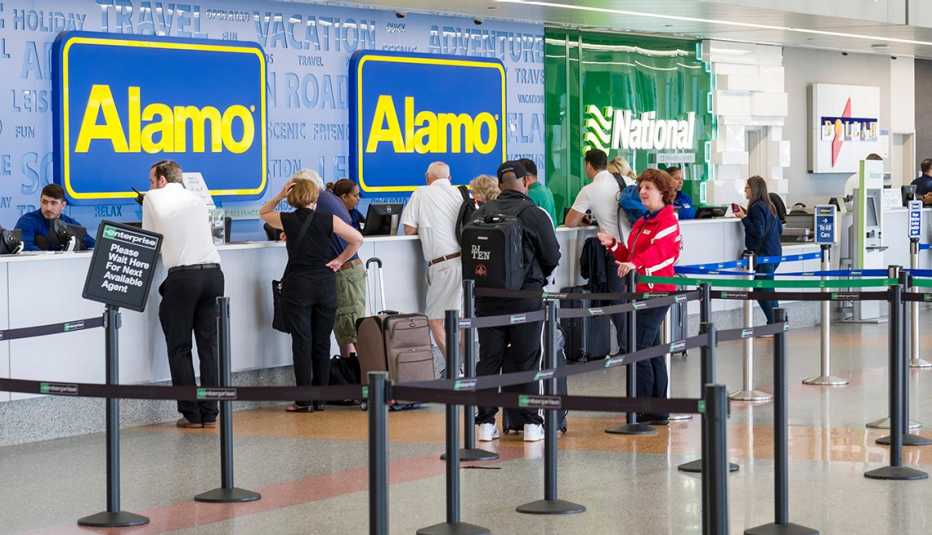AARP Hearing Center
Kim Thornton routinely rents cars but one costly incident a few years ago changed the way she handles her rentals. A few days after she returned the vehicle, the rental company hit her with a $500 charge for dents on the passenger side.
“I didn’t inspect the car carefully when I picked it up, so there was no way I could prove I didn’t do the damage,” she says. And because she hadn’t filed a police report when the dings allegedly occurred, her own auto insurance and her credit card coverage didn’t kick in.
Since then, she says, “I do a careful inspection and take photos of every possible thing so I have a record of what it looked like when I got it.”
Unfortunately, Thornton’s story isn’t all that unusual. The car-rental market notched a new revenue record in 2018, passing the $30 billion mark for the first time, according to research by the trade publication Auto Rental News.
That means there are a lot of opportunities for things to go wrong — and for people to be charged for things that go wrong. “Today, profit margins have been squeezed, so rental companies are much more diligent about finding damage done by renters to protect their assets,” says Neil Abrams, the founder of the Abrams Consulting Group, a car rental consulting and travel market research organization. “It isn’t unheard of for an individual to get a charge on their credit card weeks or even months later.”
Here are ways to protect yourself from unjust charges.
Check your insurance coverage before you rent
Before buying additional insurance while you’re standing at the rental counter — “collision damage waivers” can add up to $30 a day to the cost — make a quick inventory of your benefits. Many credit cards provide damage coverage; if yours does, you can use that credit card to make your rental. Find out, too, if your regular auto insurance includes rental car damages, although keep in mind that if you do file a claim with your insurance company, that’s considered a chargeable accident and may affect your future insurance rates.






































































